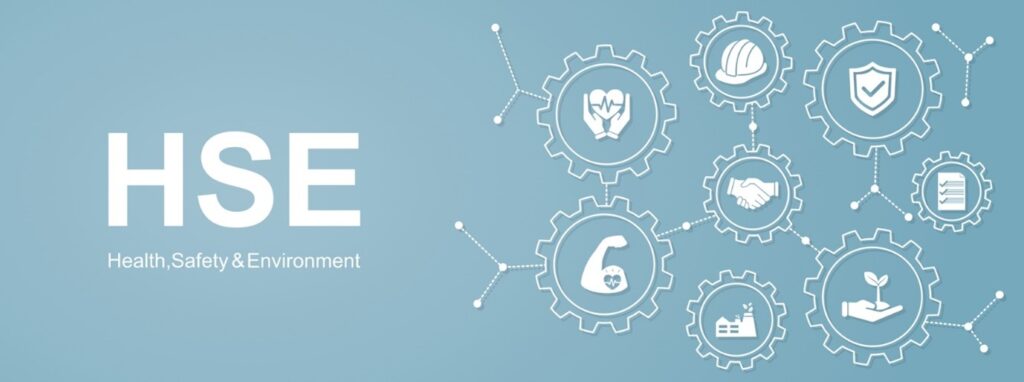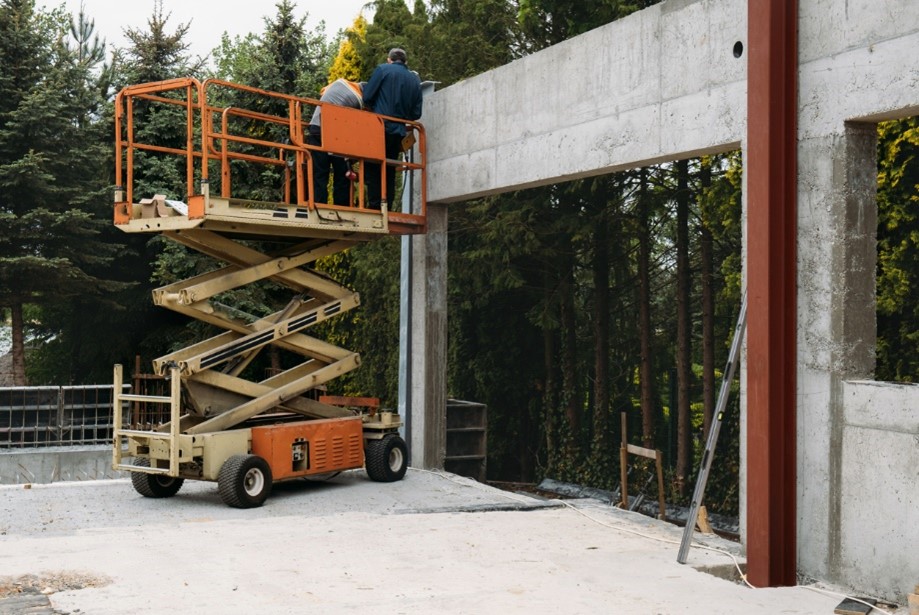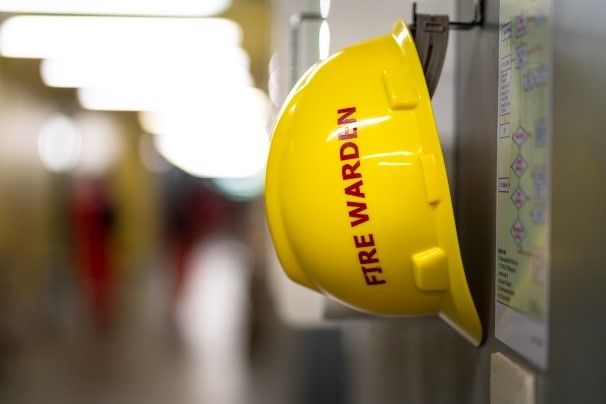When choosing a health and safety course for the workplace, you need to ensure that it will provide the most benefit for your business in return. Workplaces that have high-risk activities, such as using industrial machinery or conducting hazardous work, rely on safety courses that provide genuine value and inform useful skills that will protect their staff long-term.
But how do you pick which course and from what training provider? Read on to explore how accreditation helps make this choice easy and how it will also protect your employees every day.

Are Some Courses Non-Accredited?
Here at Boss Training, all of our courses are accredited, but that doesn’t mean every workplace training scheme will be. Non-accredited training is any training that has not been recognised by an official training board such as NEBOSH, UKATA or CITB. You may gain some knowledge needed through informal, internal conversations, and you may even get an unofficial certificate. Still, without the officially recognised accreditation to back it up, it is only a piece of paper. This is why it is important to know that the courses you choose are accredited so you get the most value out of the investment.
Key Benefits of Accredited Training
The benefits of an accredited safety training course come with additional requirements. Most notably, the increased time needed to complete the course, which may also include course materials and formalised tests. While this extra investment might seem daunting initially, the greater effort leads to better rewards for everyone.
The main benefit of choosing accredited health and safety training is the standardisation of information that comes with it. The previously mentioned official training boards and well-developed standardised information sets provide these courses with reliable content, ensuring that the transferable skills you gain are up-to-date and effective.
Another important advantage of accreditation is that it gives you authority within your field. Accreditation tells your partners and clients (including potential ones) that you are an organisation that meets and exceeds the minimum standards of employee safety and gives them more confidence in the services and products you provide.
Accredited courses are generally more valuable in the long run to both employers and employees as their details are often audited for accuracy and updated with new concepts, which overall provides a superior training experience for your staff and one that is far more reliable than unofficial, internal conversations.
Benefits of Health and Safety Accreditation for Key Industries
If a course provides accreditation upon completion, then you feel more confident in what that course is offering. You know that you’ll become skilled in a certain topic and that you can back up your new knowledge with a certification.

Construction
Almost every area of the construction industry requires high diligence in health and safety for its workers, and the courses we provide assist with that. Apart from the obvious workplace legal compliance for health and safety, our options contextual to construction safety training provide the confidence and productivity to create not just a legal workplace but a better one.
For example, if your employees require knowledge and expertise in a certain subject, for instance, becoming accredited in scissor lift training means they will then realise tasks they couldn’t before. When you and your employees become more competent at doing their jobs or with new skills, your business will see a boost in productivity and efficiency.
The expertise of an accredited team that has completed IPAF training will show your clients that you excel in what you do safely. Being accredited will help you to stand out from the crowd and assure customers they are in safe hands.
Manufacturing
For manufacturing workplaces, accredited training supports your daily operations by catering for the safety of your team and your commercial products simultaneously. This has the positive result of improving your company’s reputation against your competitors as you show that you’re a team that will not suffer delays from repeated unfortunate events in the workplace.

Depending on the manufacturing environment, there will be specific areas that will need training, but generally, manufacturing benefits from health and safety courses in the following two courses:
Emergency first aid training is designed to provide basic to advanced skills on how to administer first aid in the workplace and provide your company with the expertise to take charge of the situation when an accident occurs.
Fire marshall training is also a beneficial accreditation to add to your team, as most manufacturing facilities operate with potentially flammable materials or chemicals. Our fire warden training covers a number of topics relevant to fire prevention and how to respond to an event, the result being a team member who will confidently take charge in any situation and help preserve life and assets at your facility.

Choosing the Right Training Provider
At Boss Training, we offer the necessary accreditation with our various safety training courses, so you can have the peace of mind of knowing that you’ll become an expert in a specific subject and will have the certification to prove it.
Our teams operate nationally, and thanks to the popular results of our informative training courses, we train roughly 156,000 delegates annually and are a trusted training provider for thousands of UK businesses across any sector and industry.
Book your workplace safety course today at one of our 42 training centres, either online or in person at your site and have your team become accredited sooner rather than later.